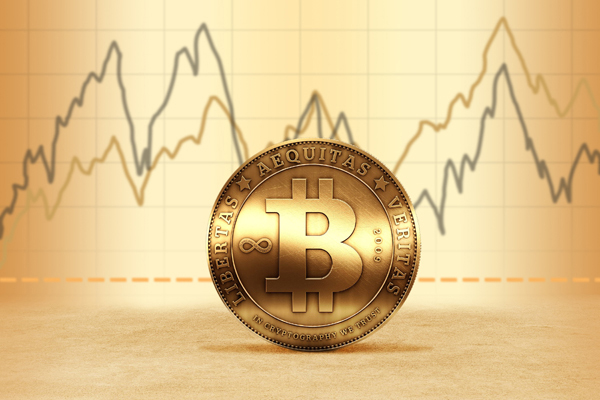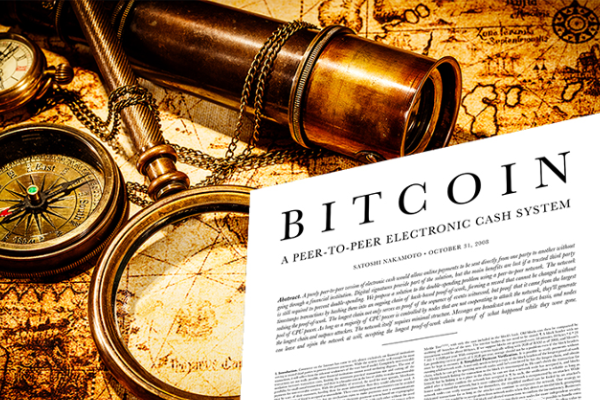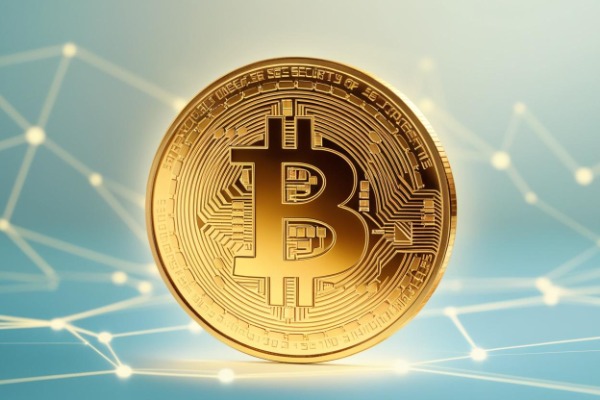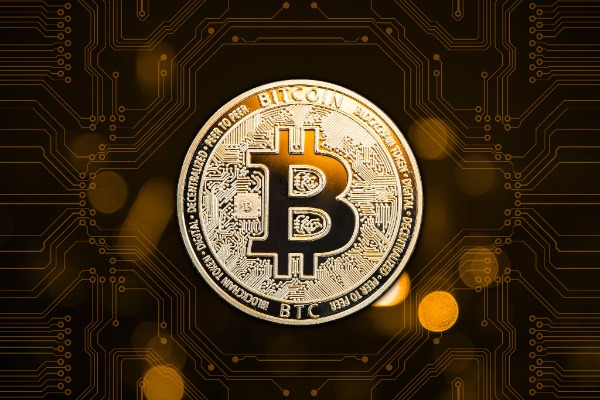What are tokens?

Technically, “token” is just another word for “cryptocurrency” or “crypto asset.” However, it’s increasingly taking on a few more specific meanings, depending on the context. The first is to describe all cryptocurrencies other than Bitcoin and Ethereum (even though both are technically tokens). The second is to describe certain digital assets that run on top of another cryptocurrency’s blockchain, like many decentralized finance (or DeFi) tokens. Tokens have a wide range of potential functions, from facilitating decentralized exchanges to selling rare items in video games. But they can all be traded or held like any other cryptocurrency.
“Token” is a word you’ll hear a lot in the context of cryptocurrency. In fact, you’ll probably hear Bitcoin referred to as a “crypto token” or something similar, since technically all crypto assets can also be called tokens. However, the word is increasingly taking on two very common specific meanings that you’ve most likely come across before.
“Token” generally refers to any cryptocurrency other than Bitcoin and Ethereum (even though both are technically tokens). Since Bitcoin and Ethereum are by far the two largest cryptocurrencies, it’s helpful to have one word to refer to all the others. (Another English word you may hear with nearly the same meaning is “altcoin.”)
Another increasingly common meaning for “token” is even more specific, describing a crypto asset that runs on top of another cryptocurrency’s blockchain. If you’re interested in decentralized finance, or DeFi, you’ve come across this usage. While cryptocurrencies like Bitcoin have their own dedicated blockchains, DeFi tokens like Chainlink and Aave run on top of or leverage existing blockchains, most commonly Ethereum.
This second category of tokens helps decentralized applications do everything from automating interest rates to selling virtual real estate, but they can also be held or traded like any other cryptocurrency.













